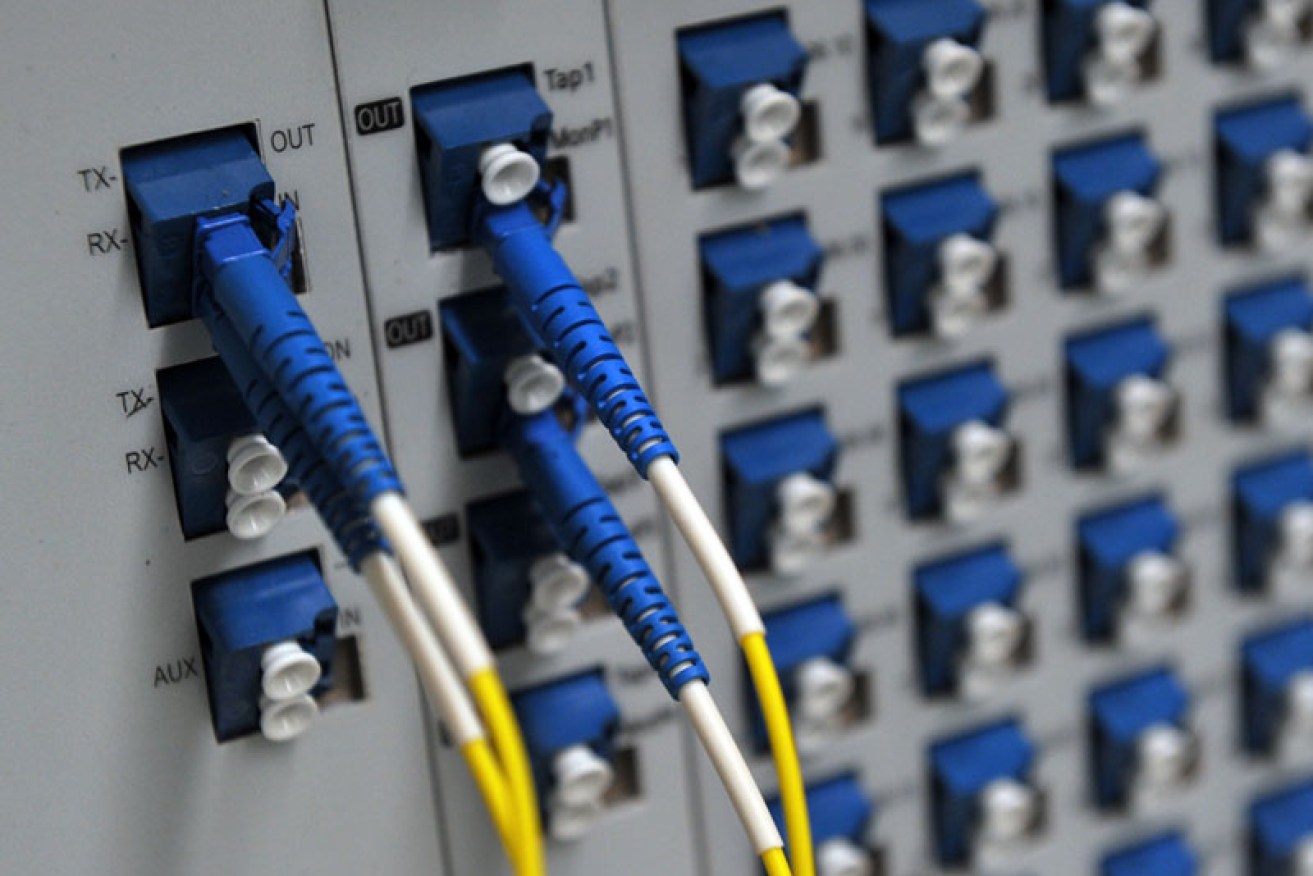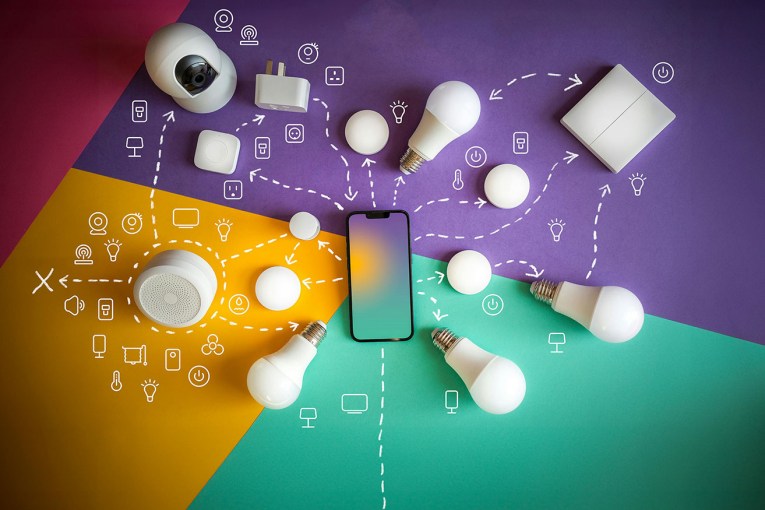Faster NBN internet speeds achievable but not for sale


The NBN has divided Australia. Photo: AAP
Internet users could be enjoying speeds 10 times faster than current levels if it wasn’t for “unreasonably high” wholesale prices under the NBN model, according to a leading telecommunications figure.
This comes one week after NBN co-chief Bill Morrow claimed there currently “isn’t that big a demand” for one gigabit per second (Gbps) internet speeds, while announcing the company’s half-year results.
But he did not rule out the potential for technologies like augmented reality and artificial intelligence to drive up the demand for higher speeds in the future.
NBN public affairs manager Philippa Perry said that while the NBN network does offer one Gbps wholesale services to retailers, “no retailer has elected to sell these services” to date.
“That is a commercial decision for the retailers,” Ms Perry told The New Daily.
But Real World Group CEO Andrew Yager said NBN’s current wholesale pricing was too costly for retailers like Optus and Telstra, and that’s what is restricting them from offering faster internet speed options.
His company, which provides internet services for small, medium and large businesses, has opted not to buy directly from the NBN for this reason.
“Price wise, it’s not effective for retailers to buy enough bandwidth to offer a one Gbps internet speed option under the NBN model,” Mr Yager said.
“The minimum cost to a service provider to access one Gbps is about $17,500 per month.
“I don’t know many businesses in Australia that would be prepared to spend that much for a single location.
“Something more reasonable would be setting the wholesale price at $1000 to $2000, with a $2000 to $3000 cost to the end customer.”
Mr Yager said one Gbps speeds are required for a range of business activities, for example, connecting to cloud applications and the movement of large media files or databases.
He said about five per cent of his company’s customer base had requested internet speeds of one Gbps or greater.
The current top speed on offer by most service providers by comparison is 100 megabits, which costs retailers about $90 and about $110 for end customers.

The NBN was a key piece of infrastructure from Kevin Rudd’s days as PM. Photo: AAP
Until June 2016, NBN wholesale prices had been fixed, meaning that regardless of the internet speed or amount of bandwidth purchased, retailers had been required to pay the same cost per megabit.
“Even with the new discount model, the cost still sits at $11,500 for one Gbps access in a form that most users that need one Gbps would be able to utilise – which is still several times the price point that we would consider reasonable,” Mr Yager said.
“The newly proposed ‘negotiated’ pricing model is also still geared towards providers with significant volumes such as Telstra, Optus, and TPG, and in our opinion disadvantages smaller access seekers who do not have the volume of services or clout to be able to negotiate aggressively with NBN for more competitive pricing options.”
An Optus spokeswoman said it was a “commercial decision” to offer its current four speeds of 12, 25, 50 and 100 Mbps, which excludes a faster one Gbps option.

Australians are fed up with slow internet speeds.
A Telstra spokesman said they offered a special one Gbps NBN service for enterprise customers, but not to other consumers.
The New Daily asked Optus and Telstra why neither had offered the superior product to smaller customers but both declined to respond.
Internet Australia chief Laurie Patton said there was no incentive for service providers to offer faster speeds.
“A few years ago Australia ranked 30th on the global speeds comparisons, not exactly something to be proud of, but a lot better than now when we are around No.60,” he said.
“The fact is RSP’s (NBN’s retail sales agents) make better margins for themselves by selling the slower speed tiers. Plus they risk receiving more angry customer complaints if they sell the higher speed packages and NBN fails to deliver.
“NBN clearly has a problem that’s affecting their relationships with their re-sellers and they need to fix it.”








